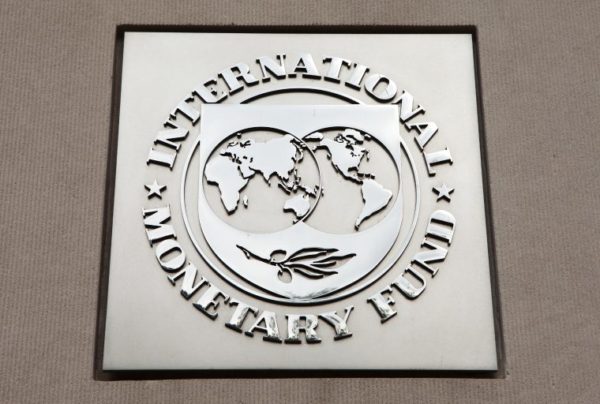.Says private capital weakened by pandemic
The International Monetary Fund (IMF) yesterday advised the Federal Government, and governments of other emerging economies to recapitalize commercial banks whose capitals were weakened by Covid-19 pandemic.
In a report tilled: “Policy options for supporting and restructuring firms hit by the Covid-19 crisis”, the Fund said banks, as main creditors of many corporations, will need to remain well capitalised to provide a continued flow of credit to the real economy.
It disclosed that in most countries, the losses in the enterprise sector will ultimately impact the banking system, with loan losses deteriorating the lenders’ solvency position and reducing lending space for bridge financing.
The IMF said corporate debt has increased further, in part as short-term liquidity needs were covered with additional borrowing.
The Fund said: “Earnings expectations for firms also remain significantly uncertain, owing to the potential scarring effects of the crisis and persistent risks from the pandemic. A wave of corporate insolvencies could have serious implications for growth and financial stability.”
“Against this background, decisive strategies are needed, with targeted policies to mitigate relevant market failures and to ensure preparedness of insolvency systems and institutional frameworks. The latter would facilitate the restructuring and reorganization of the enterprise sector, which may be complemented with additional but targeted support to viable firms where needed,” it said.
The IMF said there is a risk that some financial institutions will need to restore capital positions, which—depending on market conditions—may not be met fully by the private sector. The government may have to step in and recapitalize lenders such that both continued enterprise funding and an effective monetary transmission are ensured,” the Fund said.
The multilateral institution added that to clean up private sector balance sheets, there is a need to first identify and then remove impediments to effective resolution of distressed assets, guided by a clear and comprehensive restructuring strategy to restore the soundness of the banking system.
“Timely bank asset quality reviews may be necessary in some cases to provide greater transparency. Quantifying the NPL problem is typically complicated by the unavailability of timely data, inefficient reporting and misaligned incentives leading to undue forbearance,” it said.
Indeed, after initial lessons had been learned from bank recapitalizations during or immediately after the global financial crisis, asset quality reviews were used to increase transparency and attract private investors.
“Lenders will need to address losses from the recession as well as deal with increased credit risk. Initially, bank-internal credit risk units work on troubled exposures, aiming also at disposing risky assets through outright sales of loans or securitizing Non Performing Loan (NPL) portfolios”.
“Further NPL management and reduction tools include individual measures, including restructuring of banks or parts of a bank, and bank-specific Asset Management Companies (AMCs), with or without securitization of assets, as well as systemwide measures, such as fully or partly state-owned AMCs, which are managed at least to some extent centrally by authorities,” it said.
It said that the Covid-19 pandemic significantly impacted the enterprise sector. Unprecedented policy measures helped avoid a wave of insolvencies, at least temporarily.
“The Covid-19 pandemic led governments to take unprecedented policy measures to stop the spread of the virus. Lockdowns, administrative business shutdowns, and mobility restrictions brought many economies to a sudden stop. Income was lost across various industries, but financial commitments remained, putting significant liquidity pressures on the enterprise sector at a time of already heightened concerns about corporate leverage in many jurisdictions,” it said.



